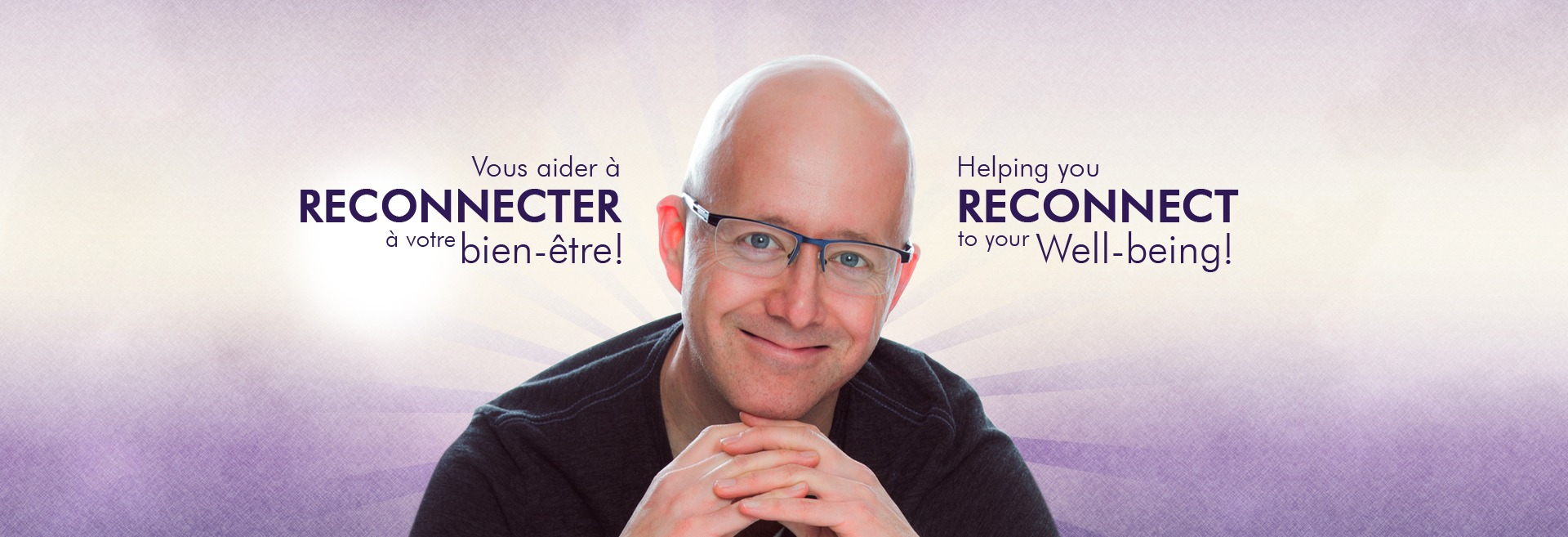
injustice wound… The Fear of Being Ignored and the Need to be Recognized! 😤
This wound is part of what is called; the five great emotional wounds (abandonment, rejection, betrayal, humiliation, injustice)… Great, because of the huge impact on a person’s personality and temperament. The wound of injustice generally arises during early childhood, and is reinforced over similar situations and reactions. It usually comes from a feeling of being ignored, and when our needs are not being heard, respected or considered.
This wound is intimately connected to the plexus chakra, which manages our autonomy and our actions. And what motivates us to take action is to meet our needs. As children, when we feel our needs are ignored, we might register them as unimportant. Making other people’s needs more important then ours. This can leave us with a sense of unfulfillment and unfairness… Causing the fear of not living up to others’ expectations, especially mom and dad. If this is left unresolved or becomes a pattern, it will produce inner tensions — Unfolding into a rigid set of beliefs and behaviors.
Too Much or Not Enough? 🙄
Injustice can be caused by a reprimand; making the child feel that the consequence is disproportionate to his intentions. It can be because his choices or actions caused him to lose something, or that it wasn’t enough to get what he wanted… And what he wants are basic needs like security, affection, belonging, autonomy, achievements, etc.
It might be when the child feels like he has to put in a lot of effort, or comply to demands to receive love, affection, or validation. This can make him feel like he has no right to do things his own way. For example, when he is compared to others!
It can also happen when parental validation seems exaggerated. This gives the child the impression of not really deserving it. This instills doubt in him as to WHAT TO DO to fully deserve it.
Or again, when the parents are ennobled by the successes of the child; giving him the impression of being loved ONLY under these conditions… As if he could not be loved otherwise! In some cases, this sometimes causes the child to adhere to dreams that are not even his own… Because his own seem to be less valuable! He may also conform to beliefs in hopes of deserving love and recognition, regardless of whether they are restrictive or draconian, and become an enforcer himself!
injustice wound… The Burden of Perfection 🤯
An unconscious quest for perfection then starts to infiltrate the child’s character… His greatest fear will be of not deserving the love of his loved ones, or disappointing them! This will lead him to become a perfectionist; demanding of himself and others, authoritarian, hyper-ordered, uncertain of his choices, often dissatisfied and grumpy, and unable to rest… And if he does, it must be be well deserved!
This fear of making mistakes can become a major obstacle to achieving his goals, and even cause some performance anxiety. Gestures and intentions then become more calculated. Moreover, it is often this overload of mental calculations, specific to perfectionism, that brings about this hard-to-please demeanor.
The Notion of Merit🎖
As the notion of merit is very present in the wound of injustice, this also leads the child to place himself as a judge; good, bad, beautiful, ugly, correct, not correct, too much, not enough, punishment, reward. His quest for merit will therefore produce a fairly rigid, even dogmatic, belief system based on punishment and reward . Being right will become VERY important, because of his lack of being recognized and heard! It also serves to allay any doubts he may have about what he should do or how he should act. Argumentation then becomes a way of self-validating his beliefs and behaviors.
injustice wound… Imposed Responsibilities, Infringed Freedom ⚖
To be free, one has to become autonomous, and that means taking responsibility. However, in the normal development of autonomy, it is the child who chooses the pace of acquisition of his sense of responsibilities; as he recognizes his abilities and feels capable of doing so. The same goes for emotional detachment from parents, and emancipation from their authority.
However, if he has the impression that he has little or no power (therefore to make choices) over the rhythm of this process, he will perceive his situation as being imposed on him, and therefore, as an injustice! For example, this can happen when children have to take on an adult “role” in the family nucleus. Or, when the child feels he cannot rely on his parents, and must take care of his well-being himself, at a time when he might still need his parents.
When the well-being of the child is at stake, this can affect the notion of the need for security, even survival. This then further reinforces and rigidifies the child’s system of beliefs… Allowing himself a right of inspection (judgment) on what others are doing. In short, a person who does not feel free will have difficulty allowing that right to others as well, because it would be unfair!
Submission or Rebellion 😳
Unfairness can take two opposite directions depending on the emotional reaction advocated by the brain (fight, flight or helplessness). It can either encourage rebellion (fight or flight) or facilitate submission and conformity (helplessness). Rebellion happens when repeatedly experiencing injustice leads the child to no longer seek validation or approval — Opposing anything that appears to be a constraint or an invitation to submit and to set aside his individuality. He will react to what he deems an affront to his interests or to what he is doing. Without realizing it, this oppositional behavior will create more distance from his unconscious desire to be recognized and loved for who he is and what he does.
If the child already has a tendency to fear authority, he will most likely fall into conformity… Until he fears authority no more! Moreover, those who conform generally expect others to conform as well… Hence the authoritarian attitude that can manifest itself. « Because if I suffer/accept an injustice, it’s just normal that others experience it too! » This then complicates interpersonal relationships because of expectations of others as to what is “right” or wrong to think, do, etc.
But whether one rebels or submits, there is a difficulty in feeling truly free!
A Little Note to Parents👪
If you observe these character traits in your child, begin to observe your own attitude and beliefs regarding authority. Could there be, in your personal history, certain needs that could have been unmet at the level of recognition and validation of your choices, actions, or achievements — Causing you to rigidify your beliefs system regarding authority?
Then see how you could develop more empathy, gentleness, and self-acceptance to reduce the possible rigidity that exists in your beliefs about how people « should » behave.
Finally, welcome your child’s emotions! Allow him to have the emotions he has in the moment. This will help you see the NEED(s) behind the behavior . A behavior; it is a strategy established by the mind to fill a NEED or avoid it being left unfulfilled.
So, by fulfilling the NEED differently, the mind can modify its obsolete strategies. This helps the behavior change on its own, and allows the brain to relearn! And this can be done throughout our lives… although with repetition, certain mental habits can be difficult to undo!
The Most Important!☝
Remember that no matter what interventions you make with your child, the important thing is that he feels that HE HAS THE RIGHT to think, to feel, to choose, or to do what is important to him. Your role is simply to help him take care of himself and become more independent and responsible. This MAY mean giving him more wiggle room for error ! And yes, it can take some letting go!😄
My Healing Work…🤗
Recognizing your NEEDS, and reviewing your strategies and behaviors can go a long way. However, the wound of injustice is one that touches the soul… the heart!❤
For me, the healing work began by doing what my mind/ego prevented me from doing; FEEL the emotions that were at the origin of my attitudes or behaviors.
And the more I was open and able to observe myself (meditation sure helped!), the less resistance there was to feeling those emotions. This then allows to remove deeper conditionings and create more lasting changes in beliefs or behaviors.
By welcoming these emotions buried in my body to feel them fully, I allow an understanding that my mind had blocked until then.
This led me to become more and more aware of my responsibilities in what I experienced in terms of surrendering my power to others and experiencing unfairness… Thus diverting me from my autonomy and my freedom!
Rewrite the Script!✍
Another technique that I like; it’s that once I have felt and contacted these emotions, I rewrite the script ! That is to say, by seeing a scene from my past, I change the course or the end in my imagination, in order to experience a more joyful or soothing feeling… A bit like the « Ridiculus » spell in the Harry Potter series.😄 It serves to modify the original traumatic reaction, which helps to create different beliefs and behaviors!
Be that as it may, working on yourself and freely accessing your emotions to free yourself from them requires time and a lot of empathy; things you have to learn to give yourself!
So be kind and patient with yourselves! And if you need a little coaching in that direction, it will be my pleasure to accompany you!🙏


